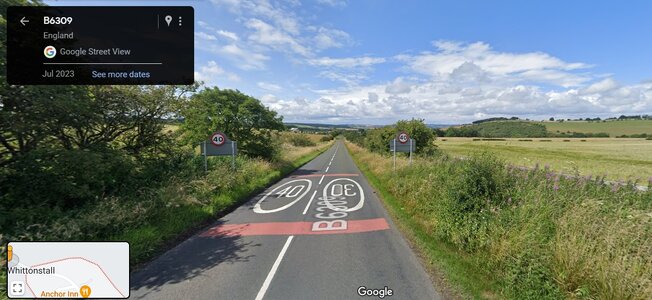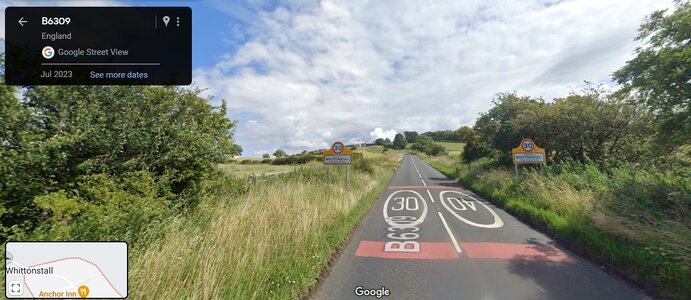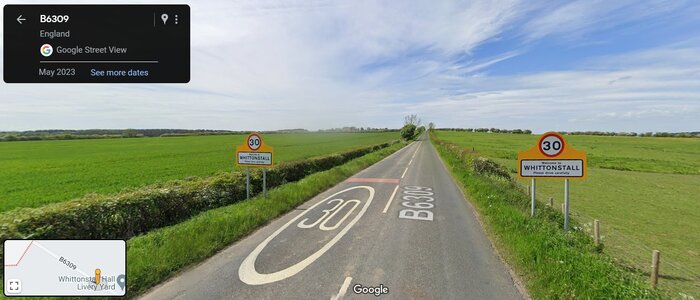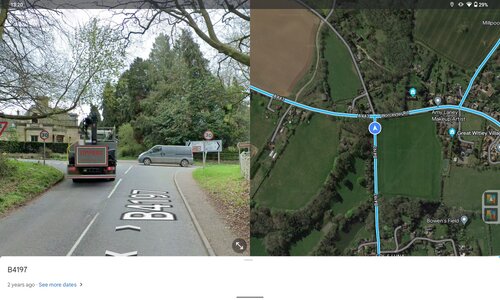There is a widespread misconception that speeding offences will only be pursued when the offender is clocked in excess of 10% over the speed limit. The statutes do not prescribe any such leniency, In theory you could be prosecuted for any amount over the limit regardless of how little you are in excess of the limit.
The difficulty for the prosecution is accuracy of the measurement system used to detect the offence, and where an offence is alleged that falls within the limits of uncertainty for the detector, there is a chance the detector may have registered a speed that was greater than vehicles real speed, and the accused can legitimately call into question the accuracy of the detector.
Prosecutions that fail for such reasons are a cost to the forces, and the legal system, so to eliminate the possibility of driver challenges about the accuracy of the detector the APCO organisation has advised forces to only seek a prosecution where there can be no doubt as to detection of the offence.
It is only an advisory and has no basis in law, and any force could reduce or remove any advisory leniency at any location at any time without warning.
It should be noted that the precision of detection systems is improving, and if these are verified to be more accurate than present methods its entirely possible the APCO advice could tighten or remove the margins of leniency.
If you don't want to be caught speeding - don't speed.





